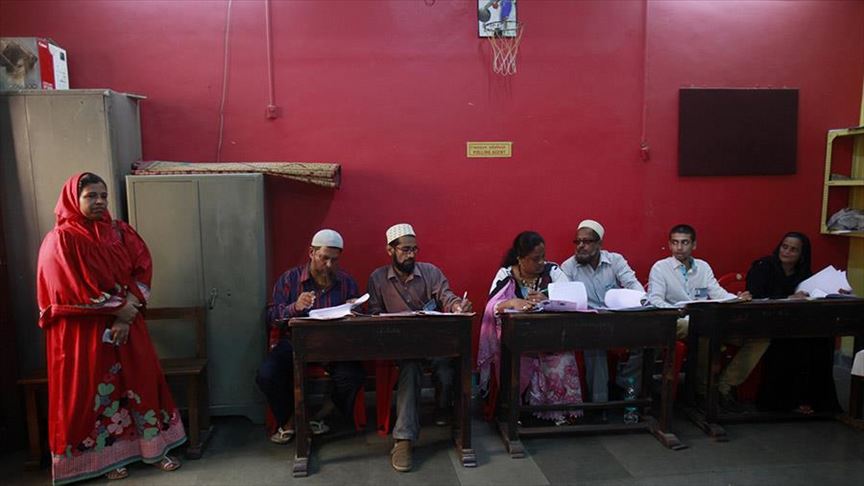This general election is crucial in determining India’s future polity, and whether or not its secular credentials will persist

uncaptioned image from article
Excerpt:
The Indian election is a protracted exercise but there is never a dull moment. With 900 million registered voters, 29 states and seven union territories, the electoral race in the world’s largest democracy involves two major contestants, each utilising different communication methods and styles.
During elections, political communication aims, among other things, to enhance the candidates’ appeal with a range of diversified and coherent image building operations. As a result, candidates use various campaigning and media techniques to establish a rapport with the voters.
While the far-right incumbent Narendra Modi from the Bharatiya Janata Party (BJP) intensifies its ideological campaign blitz, which combines hard-line Hindu nationalist vitriol with national security discourse, the centre right-left contender Rahul Gandhi, the telegenic scion of an Indian political dynasty going back five generations, is pledging to implement economic reforms, increase social spending, empower women, and end poverty by 2030.
Both Modi and Gandhi are presenting two different societal visions. While the former is capitalizing on politics of fear, the latter makes the case for an all-inclusive India, taps into a large reservoir of hope, and pleads with the electorate to be wise and vote for “India’s soul” [1].
Modi’s win in 2014 unleashed a tsunami of new media entangled with political communication in India. Subsequently, Modi became one of the most popular leaders on Facebook with more than 43.5 million likes [2]on his personal page. Modi’s social media strategy relied on a mixture of self-promotion and public relations combined with India’s soft-power imagery. ...
[Hajira Maryam Mirza is a researcher at the TRT World Research Centre. Her interests cluster around South Asian Affairs, Turkey-Pakistan relations, public diplomacy [JB emphasis], media effects, media and society, media and public opinion.]
No comments:
Post a Comment